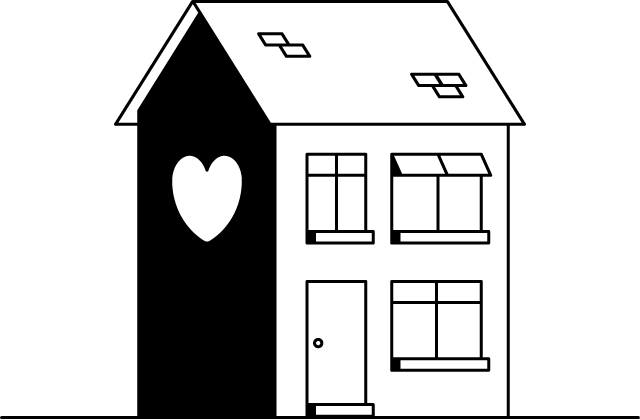7 things to think about when deciding where to live
Choosing your first home is a big deal. Picking your entire life up and moving it someplace new, it’s important to get it right. And before you can even start to look at houses, you need to decide where you want that home to be. Choosing the right spot can be tricky – here are some pointers.
You might also like
What can I afford?
As a first time buyer, you might be wondering how much you can borrow. But it’s also worth thinking about how much you can comfortably afford.
5 simple and easy steps to apply for a mortgage
Applying for a mortgage doesn’t need to be complicated. In fact, we want to make it as simple as possible.
Our mortgages explained
We have lots of different mortgage options, from Repayment and Offset, to Fixed, Tracker and Standard Variable Rate. If you’re not sure what any of this means, we can help.
How to improve your mortgage application
Climbing onto the property ladder has its challenges, not least getting approved for a mortgage. But fear not – there are things you can do to help make owning that dream home a reality. Find out how you can boost your chances of getting a mortgage.






